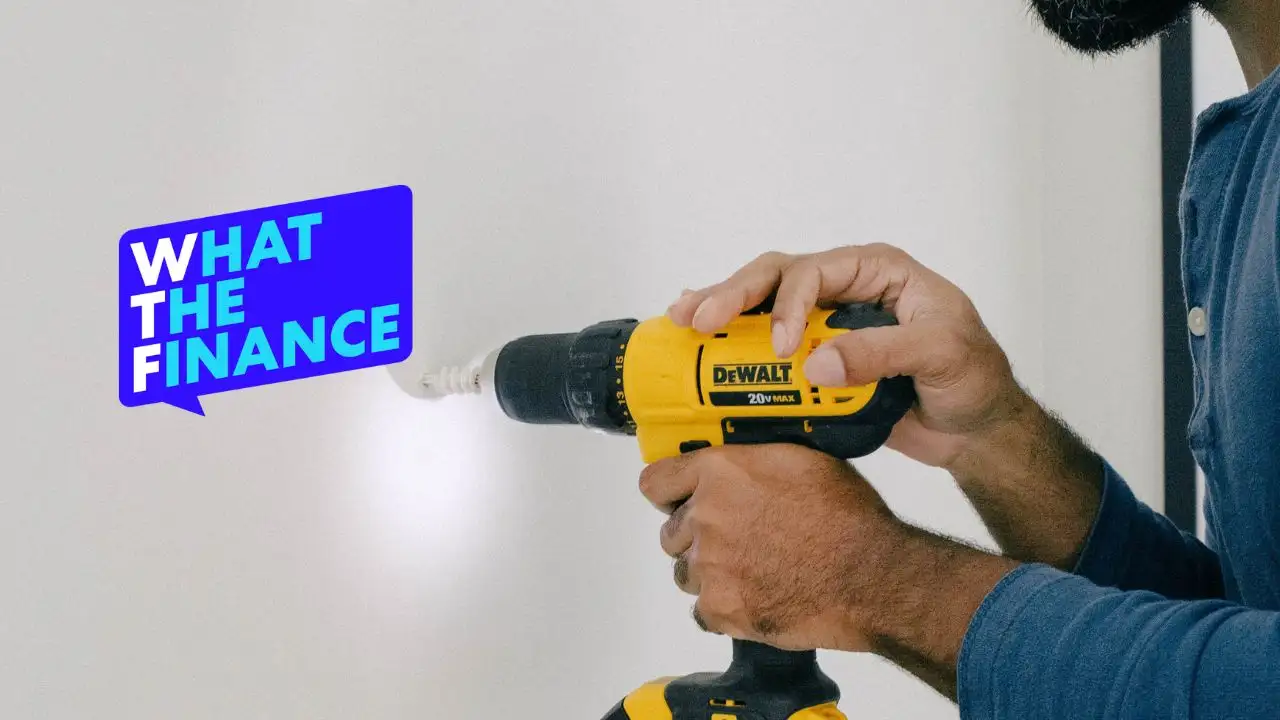
Everyday Finances
Here's what you need to do if you can't repay your student loans
Jul 20, 2023
Written by
Reviewed by
Here's what you need to do if you can't repay your student loans
The pause on federal student loan repayment ends in September 2023. That leaves many borrowers in a bind. Inflation is through the roof, budgets are tighter, and the payment might not be affordable. Here’s what you need to know about your options if you can’t repay your student loans.
3 options if you can’t repay your federal student loans
Student loan payments can feel like a heavy financial burden, especially if you’ve been able to do more with your finances during the payment pause. There are some actions you can take to make your student loans more manageable, though.

1. Contact your loan servicer about income-driven repayment
Find out who your loan servicer is and contact them about income-driven repayment. If you don’t know who your servicer is, call the Federal Student Aid Information Center (FSAIC) at 1-800-433-3243 or log into the National Student Loan Data System (NSLDS). Use the FSA ID you set up when getting your student loans to log in.
If you qualify for income-driven repayment, you might be able to get a lower monthly payment that is no more than 10% of your discretionary income. In some cases, your income-driven repayment monthly amount might even be $0.

2. Ask for deferment or forbearance on student loan repayment
Even if you don’t qualify for income-driven repayment, you might be able to get an adjustment to your payment schedule through deferment or forbearance. These are policies that allow you to take a break from payments due to economic hardship or some other reason.
In a deferment, no interest accrues, so it truly is a breather with no strings attached. During forbearance, however, interest does accrue. So it’s a good idea to make monthly payments that cover the interest. If you don’t, the amount you owe will increase.
There are limits on deferment and forbearance, so use the time to make a plan to earn more, cut expenses, or both.

3. Check into student loan forgiveness
Another option is student loan forgiveness, if you qualify. There are different paths to forgiveness, depending on employment and other factors. For example, if you have been working for a non-profit, the time during the pandemic-related payment pause might count toward the years of payments you have to make before you’re eligible for forgiveness. Additionally, some states offer partial forgiveness to people in certain jobs, like teachers or healthcare workers.
You’ll have to do a fair amount of research, but if you qualify, you could significantly reduce your overall debt load.
What about private student loans?
Private student loans don’t offer access to the same income-driven repayment plans or student loan forgiveness as federal loans. They also didn’t get the benefit of a payment pause during the Coronavirus pandemic. If private loans are contributing to your overwhelming debt, you can consider resolving your debts*. Debt resolution is the process of negotiating with creditors to lower the amount you owe.
*Not all private student loans are eligible for debt resolution
Take the first step to manage all your loan payments
If you don’t have one yet, make a budget. A budget isn’t a punishment. It’s a spending plan designed by you. You get to choose where each one of your dollars will go. If you don’t know where your money goes, you aren’t giving yourself that choice. There are many different ways to budget, and one of the easiest is to use an app. The Achieve MoLO app can show you how you’re spending, and help you have more money left over at the end of the month.
If you can’t repay your student loans, don’t ignore them
It’s unlikely that federal student loan payment will be paused again. Now is the time to reach out and see what your options are.
Author Information
Written by
Miranda Marquit is an award-winning freelance writer and podcaster who has covered various financial topics since 2006. Her work has appeared in numerous media outlets, and she is frequently asked to host workshops and appear on panels on topics related to financial wellness. She is the co-host of the Money Talks News podcast and a consumer finance advocate and spokesperson for moving hub HireAHelper.
Reviewed by
Kimberly is Achieve’s senior editor. She is a financial counselor accredited by the Association for Financial Counseling & Planning Education®, and a mortgage expert for The Motley Fool. She owns and manages a 350-writer content agency.
Related Articles
Your debt-to-income ratio tells lenders how much money you can borrow. Find out how it works.
Jackie Lam
Author
Meta description: A home equity loan could turn your home’s value into money you can spend to improve your life. Find out how.
Jackie Lam
Author
Debts are not all created equal. Prioritize your debt as part of your payoff strategy. We’ll show you how.
Jackie Lam
Author
Your debt-to-income ratio tells lenders how much money you can borrow. Find out how it works.
Jackie Lam
Author
Meta description: A home equity loan could turn your home’s value into money you can spend to improve your life. Find out how.
Jackie Lam
Author
Debts are not all created equal. Prioritize your debt as part of your payoff strategy. We’ll show you how.
Jackie Lam
Author


